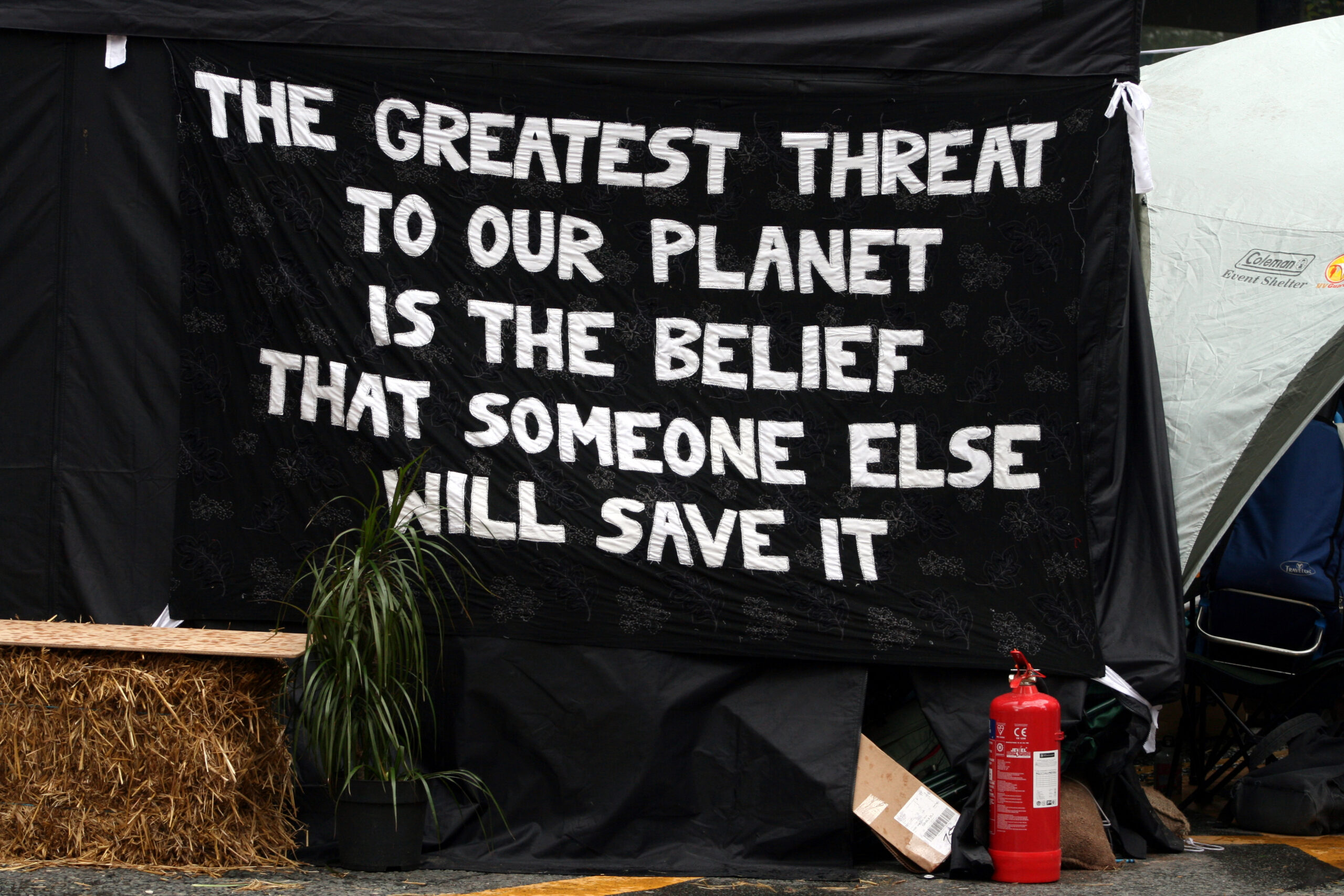Given the seriousness of the crisis, every parish needs to set up a climate change committee and work with other Christian Churches and other religions to address this critical issue of our time, writes Columban Fr Seán McDonagh.
On 9th August 2021, the Intergovernmental Panel on Climate Change (IPCC), a scientific body convened by the United Nations, issued a new report on climate change. This IPCC report, based on 14,000 studies and the work of more than 200 scientists, is the clearest and most comprehensive account of the science of climate change.
Dr Tamsin Edwards from King’s College London, one of the main authors of the report, points out that climate science has improved significantly since the previous IPCC report in 2013. In that report, human influence on climate change was “clear” whereas in the new report it is “unequivocal.”
Since the beginning of the industrial revolution the level of carbon dioxide in the atmosphere has increased from 280 parts million to over 416 parts per million today. The reason is that humans are burning fossil fuels, such as coal, oil and gas to heat their homes, power their industrial and transport sectors and increase their agricultural production considerably.
The report makes it clear that the concentration of carbon dioxide is greater than at any time in the past two million years. As a result, the average global temperature has increased by 1.1 degrees Celsius above pre-industrial levels.
The warmer atmosphere, land and oceans has caused more and severe droughts, floods and typhoons in recent years. In July 2021, heavy rains in Germany, Holland and Belgium caused riverbanks to burst, flooding entire towns and villages and destroying highways. More than 160 people lost their lives. Now massive wildfires burning in Siberia, Greece, Turkey and California bear the hallmark of climate change.
Most of the carbon dioxide released into the atmosphere over the past 200 years has come from rich, industrialised counties, yet the worst impact is often felt in poor countries such as Mozambique, where a prolonged drought is currently causing a famine.
The warmer atmosphere and oceans mean that the late summer Arctic Sea ice has decreased by 40 percent in a mere 30 years. In this warmer world massive icebergs and glaciers are melting in Greenland, Arctic and the Himalayas leading to a significant rise in sea-levels. If this continues, many coastal cities will be flooded and some island nations such as Tuvalu in the Pacific Ocean may disappear in the next 50 years.
While the IPCC report is certain that major climate changes are inevitable and irreversible, there is much that humans can do to stop global warming from intensifying in the coming decades. The most important action is to cut emissions by 50 percent by 2030 and by 2050 to eliminate them completely.
That will not be easy as 34 percent of greenhouse gases in Ireland come from agriculture. The Irish government’s Food Vision 2030 plans to increase agricultural exports, mainly dairy and livestock by 50 percent in the next decade.
Little thought is given to lowering our methane emissions by reducing our dairy herd which has doubled in the past 10 years. Similarly, there is little talk of moving to more plant-based agriculture which would lower Ireland’s greenhouse gas emissions significantly.
Retrofitting homes will also be quite expensive. In Ireland it is estimated that retrofitting house will cost between €25,000 and €50,000. The cost for retrofitting 1.5 million houses will come to between €10 to €15 billion.
Very few people have access to this kind of money. Since most churches are heated by oil, parishes will have to spend significant resources retrofitting these churches during the next 10 years. Similar kinds of cost will arise changing our transport sector from fossil fuels to electricity.
The IPCC report had been published three months before world leaders meet at COP26 in Glasgow to discuss climate change. It is crucial that countries make drastic cuts in their emission of greenhouse gases.
COP26 is seen by some as the last opportunity to ensure the world does not exceed the two degrees Celsius in the 21st century. This would be disastrous as many areas of the world would be unliveable for human beings.
People are asking whether Britain is leading by example in tackling climate change. In early August 2021, Keith Starmer, the leader of the opposition warned that Boris Johnston’s “failure of leadership” on tackling climate change could seriously damage the success of COP26.
Others point out that the British government’s recently cut in foreign aid has damaged the chance of success at COP26. Asking poor countries to undertake serious climate action while giving them less money to pursue clean energy strategies does not make sense.
Since the publication of Laudato Si’ – climate change has been at the centre of Pope Francis’s ministry. He has made it clear that, if his health permits, he will attend COP26 in Glasgow to encourage leaders to make ambitious commitments on reducing carbon emission.
Given the seriousness of the crisis, every parish needs to set up a climate change committee and work with other Christian Churches and other religions to address this critical issue of our time. Such a context of support, at local and national level, will make it possible for people to implement the radical changes in our lifestyle which are demanded by this new IPPC report. And the time to achieve this is very short.
Columban missionary Fr Seán McDonagh is the author of, ‘Climate Change: The challenge to all of us’, Columba Press, 2006.

